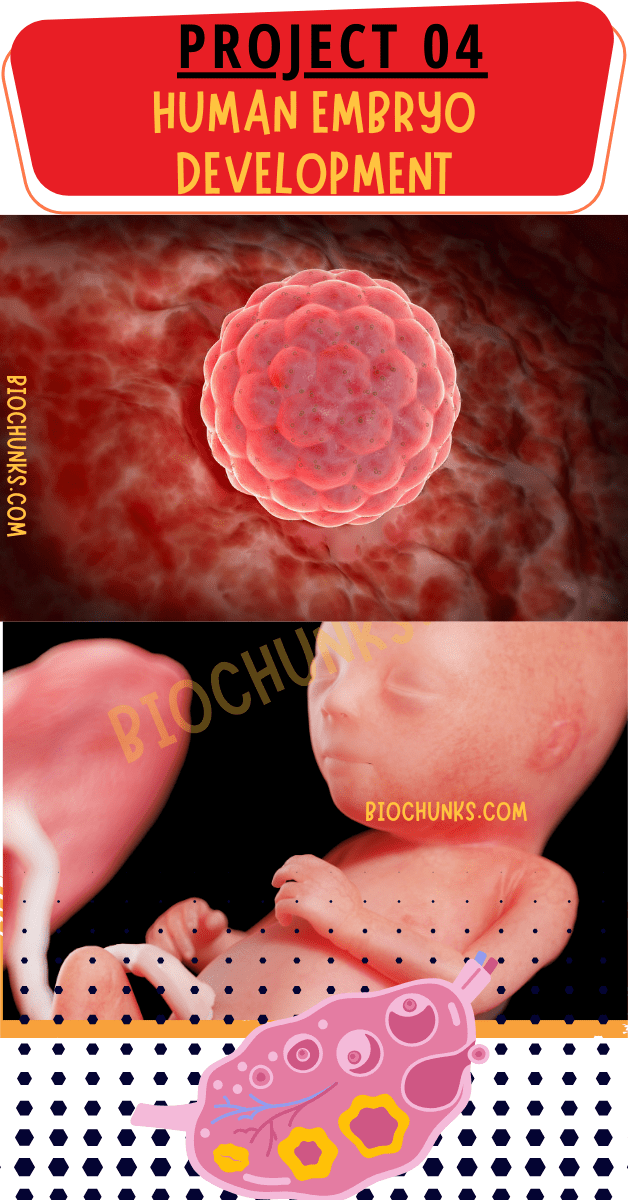Table of Contents (tap to open/close)
What is Amniocentesis?
- Amniocentesis is a diagnostic procedure typically performed early in pregnancy to detect chromosomal abnormalities in the fetus.
- It is usually conducted between 16 and 22 weeks of gestation.
- During this procedure, a sample of amniotic fluid is extracted from the amniotic sac surrounding the fetus, and the DNA present in the fluid is examined for genetic anomalies.
- The amniotic fluid contains fetal cells and waste products like urine. Each fetal cell in the fluid has a complete set of the baby’s DNA, allowing doctors to assess the health of the fetus and identify potential problems.
- The entire procedure, including a detailed ultrasound, takes approximately 45 minutes.
Who is a Candidate for Amniocentesis?
Amniocentesis is recommended for pregnant women who:
- Will be 40 years or older at the time of delivery.
- Have high-risk combi-test results (including blood tests and fetal ultrasound).
- Show potential fetal chromosomal abnormalities on an ultrasound.
- Have a family history or a partner with a family history of genetic disorders with a high recurrence risk.
It is also a personal choice for women under 40 with no history of genetic disorders to undergo amniocentesis.
What Can Be Detected Through Amniocentesis?
Amniocentesis can identify:
- Chromosomal disorders like Down syndrome and sex chromosome abnormalities.
- Hundreds of genetic disorders such as cystic fibrosis and sickle cell disease.
- Neural tube defects like spina bifida.
- Fetal lung maturity, which can determine whether the baby’s lungs are developed enough for independent breathing if delivery is necessary.
Procedure
An ultrasound is first used to identify a safe location for inserting a needle through the abdominal wall and into the amniotic sac. A small amount of amniotic fluid is then withdrawn. Although the procedure takes about 45 minutes, the collection of fluid takes less than five minutes. The sample is then sent to a laboratory for analysis.
After the Procedure
Patients are advised to rest for 24 hours and avoid strenuous activities or air travel for 72 hours. Medical attention should be sought if any of the following symptoms occur:
- Shivering
- High fever (above 38°C)
- Persistent lower back or abdominal pain
The amniotic fluid sample is tested using two types of tests:
- Rapid Test
- Full Karyotype
Rapid Test
A rapid test identifies abnormalities in specific chromosomes, and results are usually available within 24-48 hours. This test screens for conditions such as:
- Down Syndrome: Symptoms include flat facial features, a small head, short neck, upward-slanting eyes, and poor muscle tone.
- Edwards Syndrome: Symptoms include small, abnormally shaped heads, overlapping fingers, underdeveloped nails, and heart problems.
- Patau Syndrome: Symptoms include cleft lip and palate, small or absent eyes, and nasal passage issues.
Full Karyotype
A full karyotype examines all 23 pairs of chromosomes. The cells in the amniotic fluid are cultured in the lab for up to 10 days before being examined under a microscope. The test checks for:
- The number and structure of chromosomes
Results from the full karyotype typically take 2-3 weeks. In rare cases, results may be inconclusive, potentially due to contamination or insufficient cell growth.
Result
Results of amniocentesis are typically available within 10 days to three weeks, depending on the lab. Tests performed include genetic and chemical analyses, examining proteins and other compounds in the amniotic fluid.
- Positive Result: If the test is positive, the baby has the condition being tested for. Since most chromosomal conditions cannot be cured, the parents must weigh their options.
- Negative Result: A negative result indicates the baby does not have the tested disorders. However, it is important to note that a negative result does not guarantee the baby will be free of all chromosomal abnormalities.
Options following a positive result may include continuing the pregnancy with additional preparation for care or considering termination, depending on the stage of pregnancy.
Complications of Amniocentesis
Amniocentesis carries a small risk of complications, which include:
- Miscarriage: Estimated to occur in 1 out of 100 cases.
- Clubfoot: A rare complication when amniocentesis is performed before the 15th week.
- Rhesus Disease: Can occur if the mother’s blood is Rh-negative and the baby’s blood is Rh-positive, potentially leading to an immune reaction.
- Needle Injury: Rare, as ultrasound guidance minimizes the risk of injury.
- Infection: In rare cases, infection may develop if bacteria enter the amniotic sac during the procedure. Symptoms include fever, abdominal tenderness, and contractions. The risk is estimated to be less than 1 in 1,000.
Conclusion
Amniocentesis is a generally safe procedure that provides valuable information about the fetus’s health. It is usually offered to women at higher risk of having a baby with a genetic condition. The risk of miscarriage from amniocentesis is low, around 0.5% or 1 in 200 cases. Ultimately, it is the patient’s decision whether the benefits of the procedure outweigh the risks.




